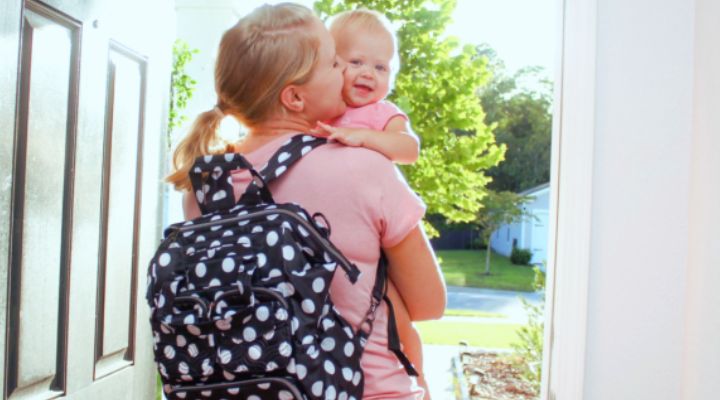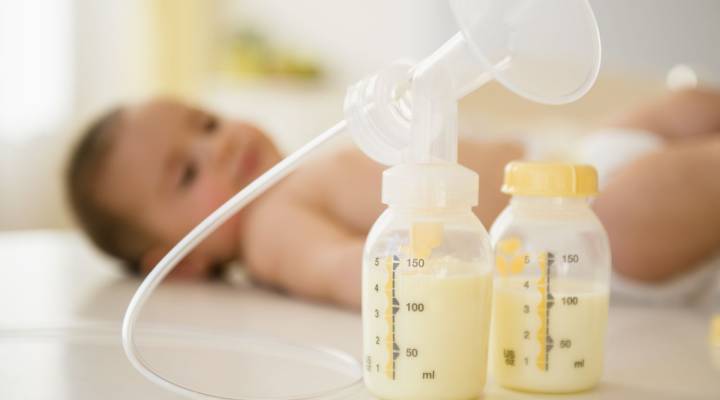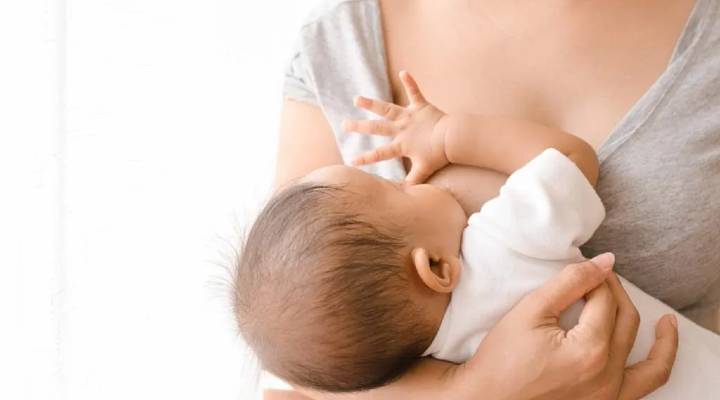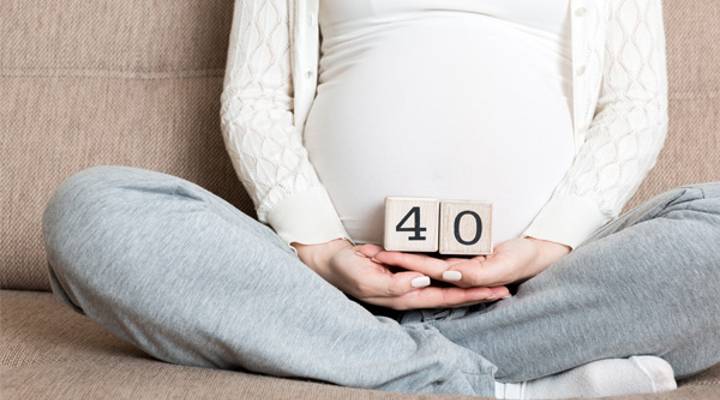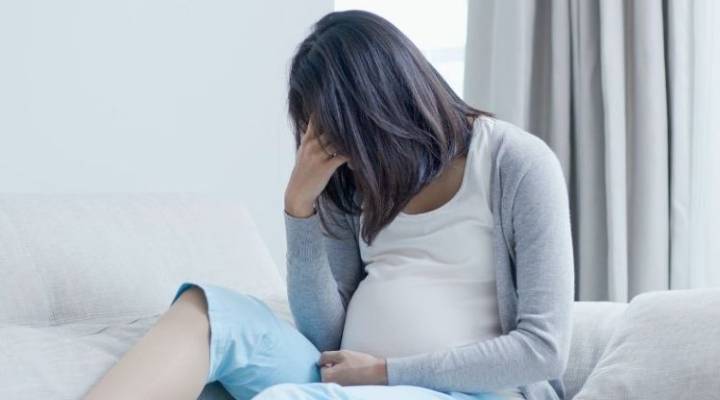Should Covid 19 vaccine be taken by pregnant and breast feeding mothers?
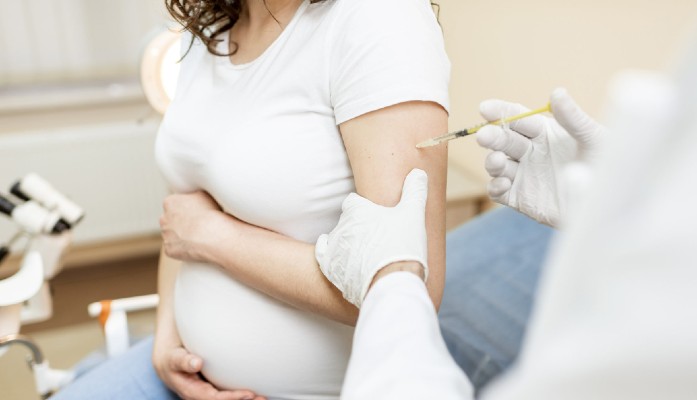
Ever since the Covid 19 came into our lives there are lots of introspection and discussions happening all around about the effects of this deadly virus on pregnant and lactating mothers. Since it’s a very new disease and we are still in the experimental stage, very little is known about its effects on pregnancy.
Already our minds were foggy and then we got introduced to the all-new vaccine and the intensity of turmoil in our brains reached the next level. There is only one question on everyone’s mind -should this vaccine be taken or not especially by pregnant and lactating mothers.
Since the early clinical trials did not include pregnant and lactating mothers making it impossible to know whether it’s safe for them to be immunized.
But we also know that pregnant mothers are more than ever at risk of serious complications of the Covid 19 virus due to the immune compromised state of pregnancy. They are at higher risk of hospitalization in an intensive care unit and require a high level of care, including breathing support on a machine and are at higher risk for dying if this happens.
As far as its effect on the fetus is concerned, there is no evidence suggestive of birth defects in the new-born but certainly, there is increased risk for abortions, preterm birth, and NICU support at birth. However, the only hesitancy is the lack of clear information. Since pregnancy can compromise immunity, chances are, the vaccine may react differently, be less efficient or put a woman at the risk of developing unusual side-effects, which may be difficult to deal with.
Vaccines available in India are Covishield and Covaxin. Both these vaccines are killed-virus vaccines. And usually, pregnant women are advised to take killed virus vaccine which confers immunity to both mother and child.
Among the solid confusion, various public health organizations have come forward and made few comments. Among them, American college of gynaecology and Centre of disease control has given a green signal and said that pregnant women should get vaccinated.
However, the World Health organization initially advised women against getting the vaccine. But in late January, the organization stated: “Based on what we know about this kind of vaccine, we don’t have any specific reason to believe there will be specific risks that would outweigh the benefits of vaccination for pregnant women.”
I would say a conversation between pregnant patients and their clinicians may help them decide whether to get vaccinated.
Women should discuss with their clinicians about their likelihood of exposure to COVID-19, its risk to them and their foetuses.
Assuming the vaccine is available to you and you have various options to discuss:
- Get vaccinated as soon as the vaccine is available to you. You might decide to do this if you have additional risk factors for severe complications from COVID-19 (such as high blood pressure or obesity), and/or multiple potential exposures to COVID-19 from your work, your family, or your community.
- Wait until after you give birth to get the vaccine. You might choose to do this if pregnancy is your only risk factor for severe disease, and you are able to control your exposures by limiting interactions with people outside of your household and using protective measures (mask-wearing, hand washing, and physical distancing).
- Consider ways to modify your exposures to COVID-19 and possibly defer getting the vaccine. Most people have some risk factors and some uncontrolled exposures. If this describes you, you still have options. You may decide to modify your exposures if possible and defer vaccination until the second trimester, when the natural risk of miscarriage is lower. Or you may choose to delay vaccination until after the baby is born.
Pregnant patients who decide to get vaccinated should continue to follow the current guidelines to prevent the spread of COVID-19 after they are vaccinated. That means:
- Wearing a mask
- Staying at least six feet away from others
- Avoiding crowds
- Washing hands with soap and water for 20 seconds or using hand sanitizer with at least 60% alcohol
Women who are breast feeding should know that if they are vaccinated while breastfeeding, their immune system develops antibodies that protect against COVID-19. These antibodies can be passed through breast milk to the baby. New-borns of vaccinated mothers who breastfeed can benefit from these antibodies against COVID-19.
If you are considering pregnancy soon, accepting the COVID-19 vaccine as soon as it is available to you is a great way to ensure that you — and your pregnancy — are protected.COVID-19 vaccination is not believed to affect future fertility.
So the bottom line is COVID-19 vaccination for people who are pregnant or breastfeeding has potential benefits, and raises some as yet unanswered questions. Since the information regarding the safety and efficacy is changing very rapidly it is advised that all pregnant and lactating mothers should keep themselves updated.



